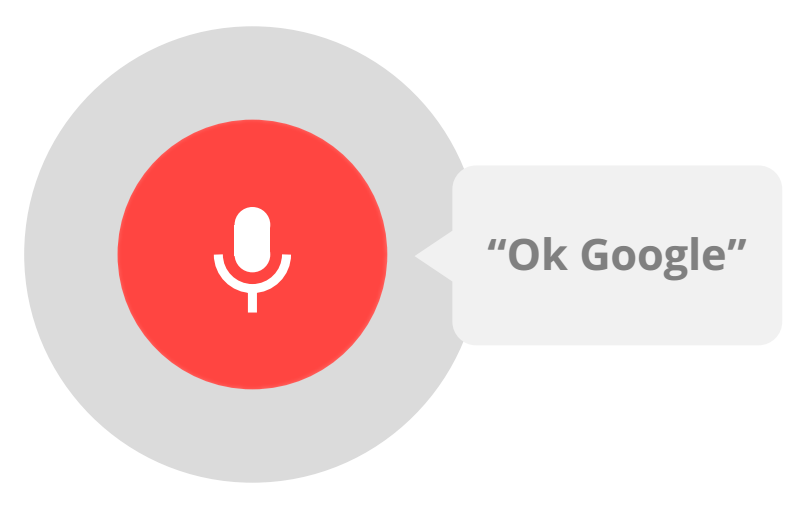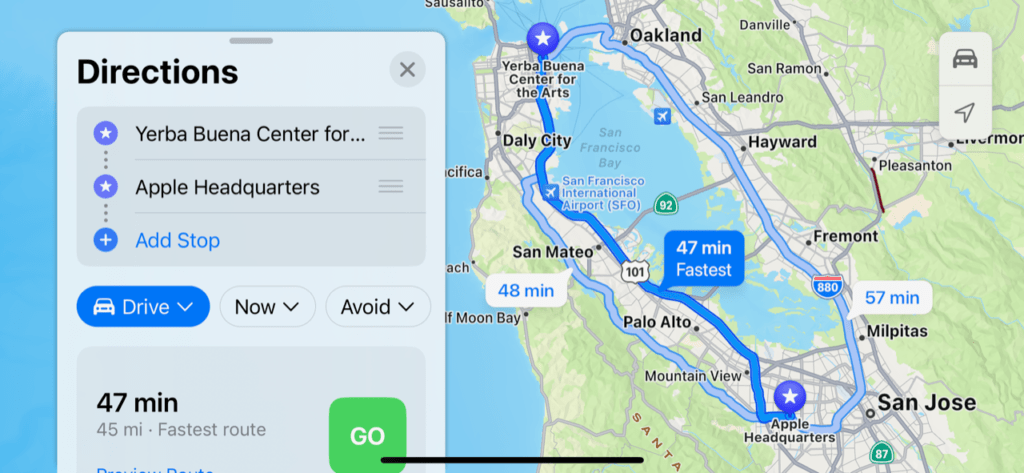You can stop talking to your PC now–or at least to your Chrome browser.
Virtual assistants and voice interaction are all the rage, but the concept seems better suited for mobile devices. Apparently Google has come to this realization as well, because it has removed the “OK Google” verbal trigger from the desktop version of the Chrome browser.
With the release this week of Chrome 46, Google’s browser lost the ability to trigger the search function with a simple verbal command. The now-iconic “OK Google” will no longer work with the desktop version of the Chrome browser on Windows, Mac OS X, or Linux.
You can still say “OK Google” to activate the search capability on Android devices and Chromebooks—just not on traditional desktop PC platforms. The up side is that now your PC won’t spring to life when a commercial comes on TV that says “OK Google”, or when your friend is over and says “OK Google” to his smartphone.
I use Chrome as my default browser most of the time. I can honestly say, though, that I have only used the “OK Google” feature one time—and that was just to verify that it actually worked when I learned that Google had added the feature. I have Windows 10 and I do occasionally use the “Hey Cortana” voice trigger, but that’s because Cortana does more than just search and enables me to interact with the operating system and open applications.
The concept is much more useful for a mobile device in my opinion. I frequently use “Hey Siri”—the equivalent voice activation command on iOS—with my iPhone. Unless you have the new iPhone 6S or iPhone 6S Plus, though, the device has to be plugged in to listen for the “Hey Siri” command, so I use it primarily while driving so I can interact with the phone without taking my hands off the wheel or my eyes off the road.
Google’s explanation for removing the “OK Google” feature is that it doesn’t get much use on the desktop. At first glance lack of use might not seem like a valid reason to remove the feature, but when you consider the system resources required for Chrome to constantly listen for an “OK Google” command that never comes, and the developer effort necessary to maintain and update the code for the feature it makes sense. Unused features also pose a security risk because an attacker can still exploit it even if you never use it yourself.
Speaking to your computer (or smartphone for that matter) is still a foreign concept for most and highly impractical much of the time. The speech-to-text translation has improved drastically over recent years, but it’s still not perfect and you need to have relative silence in order for the feature—whether it’s “OK Google”, “Hey Siri”, “Hey Cortana”, or even dictation software like Dragon NaturallySpeaking—to hear and understand you.
If you do like to use the “OK Google” feature there is a possible silver lining. Check out the post on Forbes to learn more: ‘OK Google’ Feature Removed From Chrome Browser.
- Anaconda Wants To Bring Order to Enterprise AI Chaos - November 20, 2025
- Why AI Agents Need Guardrails — And Why Everyone’s Talking About It - November 20, 2025
- How Orca Security is Redefining Cloud Protection Through Context and Coverage - November 14, 2025




appreciate this article! i was one of those people who was using it and noticed it being absent! T U!